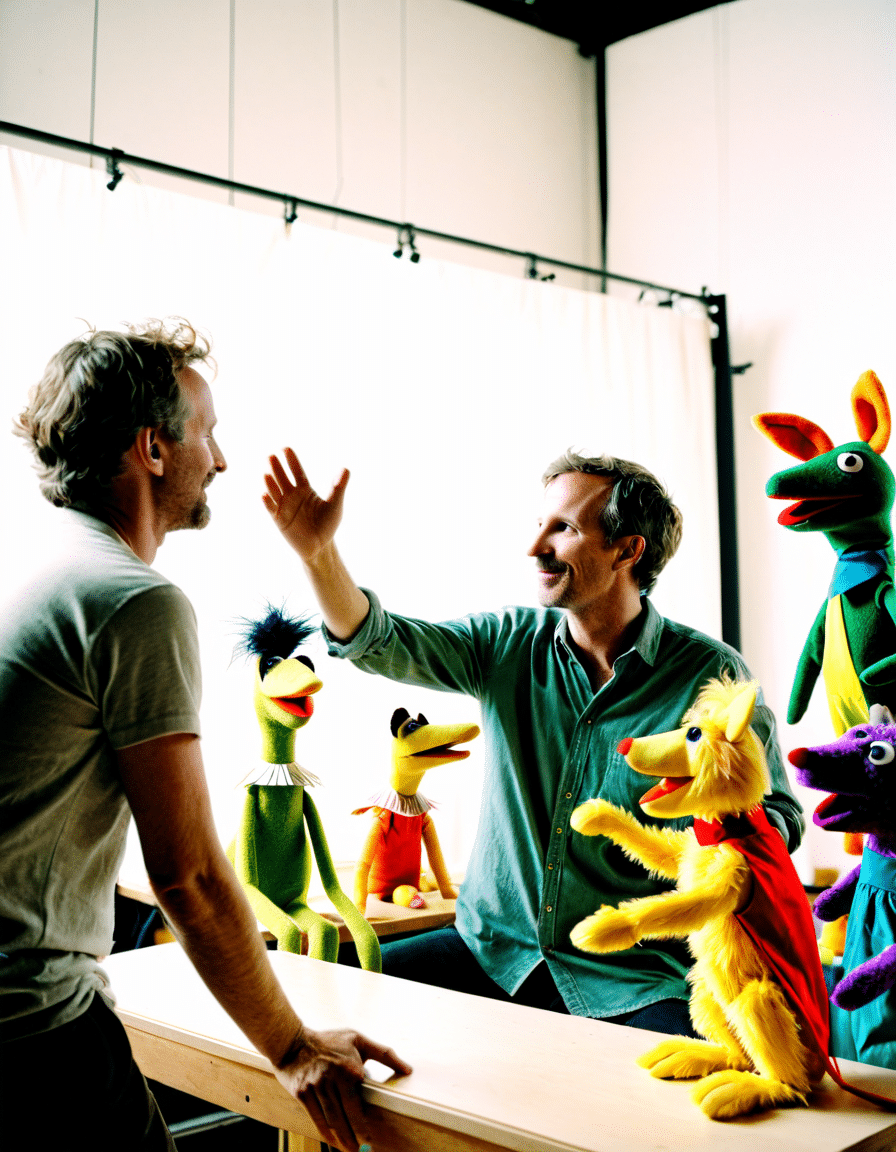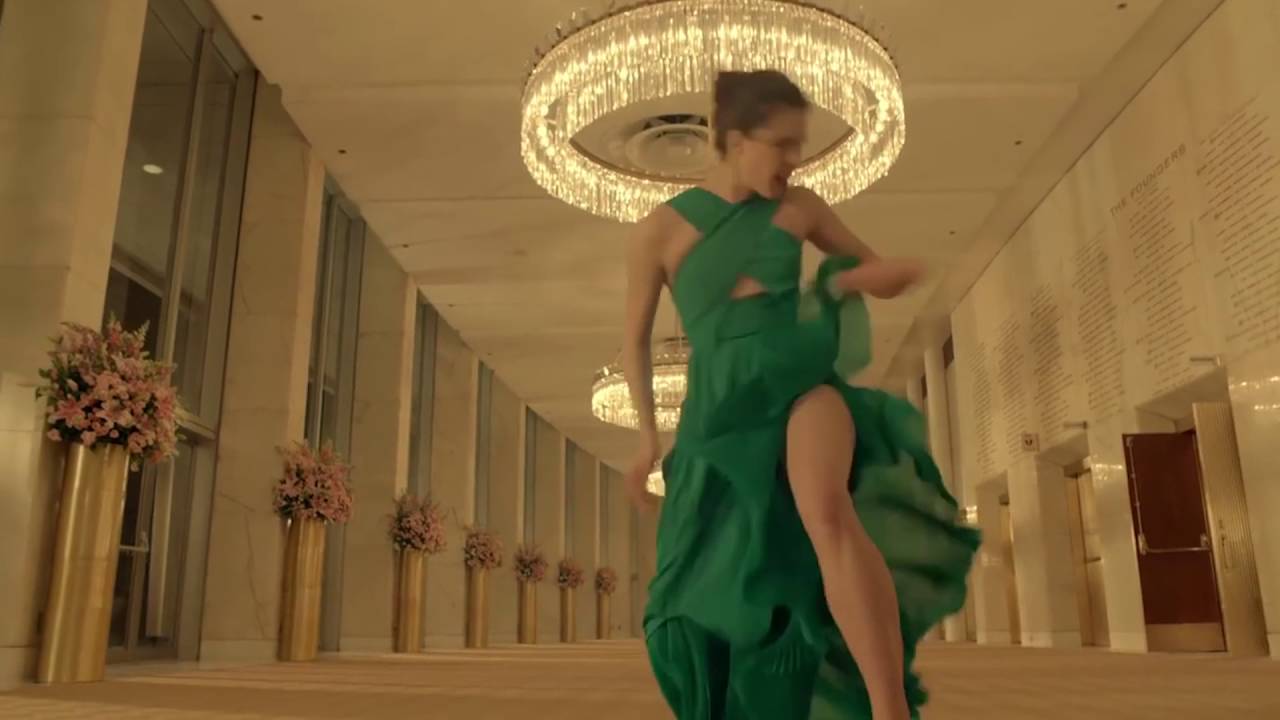
Spike Jonze The Genius Behind Innovative Filmmaking
Spike Jonze has long set himself apart as a transformative figure in cinema, masterfully merging surrealism with deep emotional narratives. Renowned for pushing boundaries and redefining storytelling techniques, Jonze’s films have captivated and inspired countless filmmakers and moviegoers alike. This exploration dives into seven distinctive aspects of Jonze’s innovative style that showcase his revolutionary approach to filmmaking in an era that constantly evolves.
7 Distinctive Elements of Spike Jonze’s Filmmaking
Spike Jonze has a knack for embracing advancements in technology to enhance storytelling, as evidenced in his film Her. By merging artificial intelligence with human emotion, he created a refreshing genre of romantic sci-fi. The poignant relationship between Joaquin Phoenix’s character and the AI voiced by Scarlett Johansson challenges conventional notions of love in our tech-driven world. This remains an enduring reflection on the vulnerability and richness of human connection.
In Being John Malkovich, Jonze expertly blurs the distinctions between reality and fantasy, taking viewers on a surreal ride that raises questions about identity and self-understanding. Its inventive narrative structure encourages audiences to reflect on their own individualities. This unconventional storytelling has left a mark, inspiring a generation of filmmakers to incorporate absurdity into meaningful commentary.
Jonze possesses an extraordinary talent for fusing the bizarre with heartfelt emotion. One shining example is Where the Wild Things Are, where he adapted Maurice Sendak’s children’s classic into a profound exploration of childhood and the struggles of coping with loss. The film triumphantly illustrates that stories aimed at children can hold rich complexities, steering clear of mere superficial morals.
The open-mindedness of Spike Jonze shines through in his numerous collaborations with other talented artists. Contemporaries like Kanye West and Arcade Fire have joined forces with him, creating visually and sonically rich works such as the evocative music video for “Heartless” and the haunting score of Her. His ability to merge various art forms speaks volumes about his belief that cinema is a shared experience, one shaped through collaboration.
Jonze’s work in Adaptation serves as an excellent demonstration of how he skillfully navigates the surreal, incorporating elements that challenge traditional narrative styles. Starring Nicolas Cage, the film explores the convoluted nature of the creative process through a metafiction lens. By delving into the character’s struggles, Jonze places a spotlight on the absurdities of the human experience, rendering surrealism not only accessible but engaging.
Speaking about themes that resonate deeply, Jonze expressed his fascination with connection and isolation. This focus comes to life in Her, where the film tackles emotional solitude within the modern landscape through the protagonist’s bond with an operating system. This theme resonates with audiences, shedding light on contemporary struggles for intimacy in an increasingly digital world, raising poignant questions about what connection truly means.
Jonze’s preference for unconventional storytelling arcs is exemplified in his short film I’m Here, a tender exploration of a robot who grapples with love and sacrifice. By veering away from linear storytelling, he encourages audiences to engage with films on a deeper level. This pioneering approach paves the way for experimental storytelling and touches upon themes that provoke meaningful reflection.

The Cultural Impact of Spike Jonze’s Work
Spike Jonze’s voice in cinema reaches far beyond his films, influencing broader cultural narratives that mirror our shared experiences. As audiences grow increasingly interested in exploring complex characters and interwoven realities, Jonze remains a guiding light for aspiring filmmakers and seasoned industry veterans alike. His remarkable ability to convey profound emotional truths through innovative techniques fosters an enriching dialogue about the intricacies of the human condition.
These insights, drawn from Jonze’s filmography, connect to significant cultural moments. For instance, his work is reminiscent of debates on identity that echo through platforms such as The View, where the conversation frequently tackles cultural implications of modern narratives. Much like Jonze’s ability to dissect emotional truths, discussions featured in The View Episode 38 illustrate the interconnectedness of film with societal issues, creating a rich dialogue around our shared human experiences.
Celebrating a Legacy of Innovation
Spike Jonze’s cinematic journey represents a relentless exploration of the possibilities that film can offer. By embracing technology, emotion, and collaboration fearlessly, he redefines storytelling in ways that resonate deeply within our societal consciousness. The films he has crafted are not just entertaining; they ignite essential conversations about love, loneliness, and identity. As the industry continues evolving, Jonze’s creative legacy remains essential, illuminating pathways for emerging voices and trends.
Whether we’re reflecting on the emotional depths of Her or the colorful absurdity of Where the Wild Things Are, the essence of Jonze’s work invites us to explore life’s myriad possibilities. As the landscape of cinema expands, his influence grows, offering invaluable lessons that inspire us to reimagine the art of film. As we ponder the rich tapestry of storytelling, let’s remember Jonze’s power in shaping narratives that resonate through generations.
In a world overflowing with content, a Jonze film stands out for its layered storytelling and emotional depth. Every new project from him reminds us that cinema is indeed a collaborative effort. As we celebrate his innovative contributions, we cherish the conversations they spark and the lasting impact they leave behind. Spike Jonze is not just a filmmaker; to many, he embodies the spirit of innovation in the world of cinema, proving that the heart of storytelling beats strongest when we dare to break all the rules.

Spike Jonze: The Genius Behind Innovative Filmmaking
A Trailblazer in the Industry
Spike Jonze isn’t just a filmmaker; he’s a creative force that’s always pushing the envelope. Did you know that he started off directing music videos for iconic bands like the Beastie Boys? That early work paved the way for his distinct visual style, which is still present in films like “Her” and “Adaptation.” It’s fascinating to think about how Jonze’s artistic roots shaped his storytelling, almost like crafting a perfect blend of styles, much like a mix in a makeup palette, like the fit me powder that gives a flawless finish. His knack for merging whimsy and emotional depth has earned him a unique spot in Hollywood, where quirky meets poignant.
An Eye for Detail
One of the standout aspects of Jonze’s films is how he creates characters that feel almost real. Take “Her,” for instance, where he explores love through the lens of technology. It’s a theme that resonates with many today, like how people are drawn to the thrill of the Kyle Larson indy 500, where excitement meets emotional stakes. Jonze has this incredible ability to convey deep feelings even within absurd contexts, showing audiences the layers of human experience. That’s a trait not often seen, making his film “Being John Malkovich” a true classic. And speaking of classics, if you’re in the mood for comedy, you should watch step Brothers to appreciate the blend of humor and character depth—something Jonze masters as well.
Influences and Inspirations
Jonze’s inspirations are just as intriguing as his films. His collaborations with people like Charlie Kaufman have resulted in some of the most inventive screenplays in cinema. Did you know that Jonze had a fascination with the work of Ursula Andress, the original Bond girl? Her impact on pop culture shows how influential figures can inspire filmmakers to explore their narratives in diverse ways. Jonze’s commitment to storytelling often leads audiences to questions about identity and authenticity, reflecting a vibe that feels akin to the struggles seen in stories like “Cinna from Hunger Games.
In wrapping it up, Spike Jonze continues to inspire through his innovative approach and the charms he weaves into every project, whether it’s a touching narrative or a wild ride like Arkham Shadow. His ability to connect with audiences is why he remains a pivotal figure in cinema today. So today, while people explore stories like “Love Chunibyo & Other Delusions, remember that the search for genuine connections, much like those in Jonze’s films, is timeless.








![Fatboy Slim ft. Bootsy Collins - Weapon Of Choice [Official 4k Video]](https://www.loaded.video/wp-content/cache/flying-press/a6d4f626af83f2df204a0592f22f4532.jpg)




